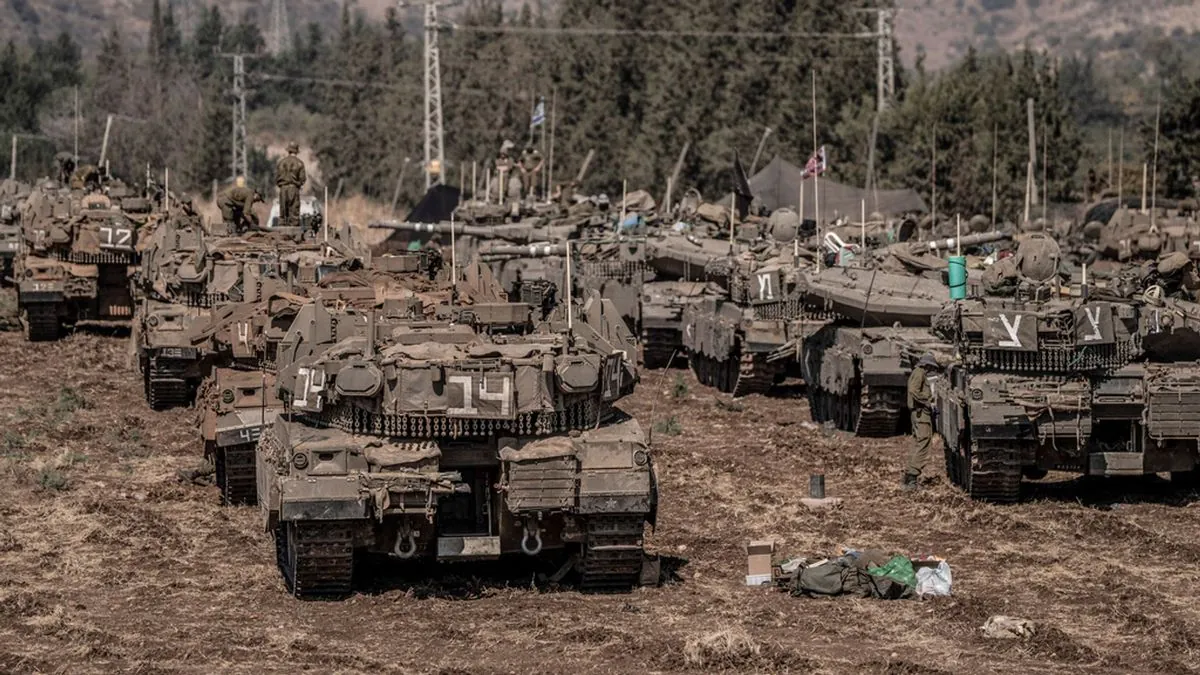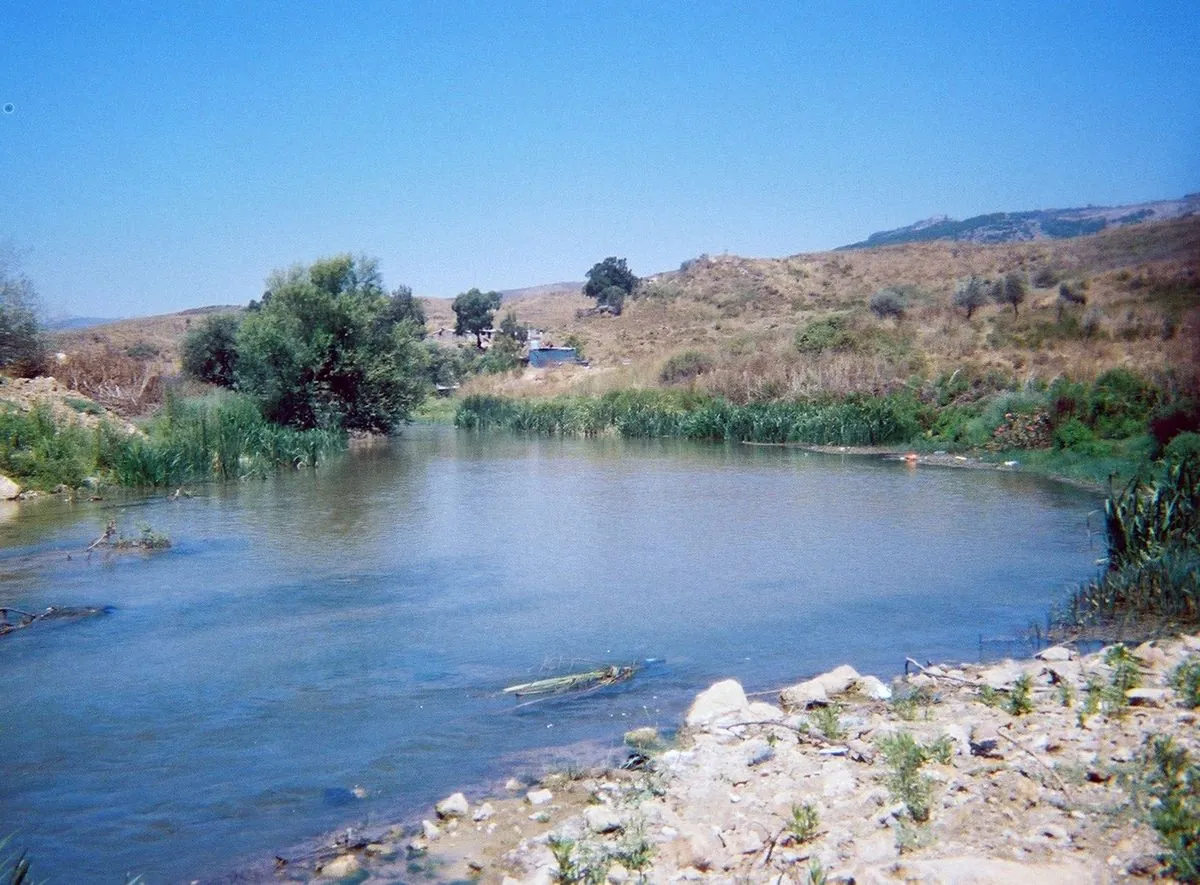Israel Defies U.S. Diplomacy in Lebanon Conflict, Straining Alliance
Israel's military actions in Lebanon challenge U.S. diplomatic efforts, revealing limited American influence. Netanyahu's disregard for Biden administration's cease-fire requests strains the alliance amid regional tensions.

The ongoing conflict between Israel and Hezbollah in Lebanon has exposed a growing rift between the United States and its long-standing ally, Israel. Benjamin Netanyahu's government has consistently disregarded U.S. diplomatic efforts, highlighting the limits of American influence on Israeli decision-making.
Recent events have underscored this divergence. Despite the Biden administration's push for a cease-fire, Israel proceeded with military operations, including a significant strike that reportedly eliminated Hasan Nasrallah, Hezbollah's leader. This action, taken without prior coordination with Washington, caught U.S. officials off guard.
Joe Biden expressed his desire for an immediate halt to the fighting, stating, "We should have a cease-fire now." However, Israel's actions have continued to contradict U.S. diplomatic goals. This pattern has been evident for nearly a year, with the administration advocating for one approach while Israel pursues another, particularly in Gaza.
The situation has its roots in complex historical and geopolitical factors:
- Hezbollah, founded in 1985, has been a significant player in Lebanese politics and a persistent threat to Israel.
- The 2006 Lebanon War, lasting 34 days, resulted in UN Resolution 1701, which called for Hezbollah to withdraw north of the Litani River.
- The United Nations Interim Force in Lebanon (UNIFIL), established in 1978, has been tasked with maintaining peace in the region.
U.S. officials are divided on the wisdom of Israel's campaign against Hezbollah. Some argue that military pressure can enable diplomacy, while others warn of potential miscalculations and unintended consequences. The State Department maintains support for a cease-fire while acknowledging the complex dynamics at play.

The Litani River, flowing entirely within Lebanon for about 140 kilometers, has become a focal point in discussions about potential Israeli military objectives. Any Israeli attempt to push Hezbollah back to this river could lead to a protracted conflict, given Hezbollah's familiarity with the terrain.
The situation is further complicated by Iran's involvement. The Islamic Revolutionary Guard Corps (IRGC), established after the 1979 Iranian Revolution, has been a key supporter of Hezbollah. Recent events, including the assassination of Hamas leader Ismail Haniyeh in Tehran, have heightened tensions and exposed divisions within Iran's leadership.
"I'm more aware than you might know, and I'm comfortable with them stopping. We should have a cease-fire now."
As the conflict unfolds, the international community watches closely. The United Nations General Assembly, which meets annually in New York City, has been a forum for discussing these issues. However, the effectiveness of diplomatic efforts remains in question as Israel continues to act independently of U.S. wishes.
The strain on the U.S.-Israel alliance is evident, with American military aid to Israel averaging $3.8 billion annually. This support now faces increased scrutiny as Israel's actions diverge from U.S. diplomatic objectives. The situation underscores the complex nature of Middle Eastern politics and the challenges of maintaining regional stability.


































